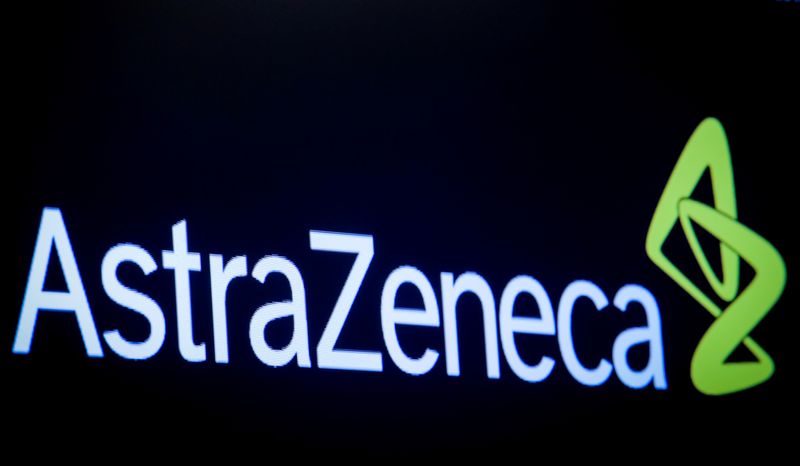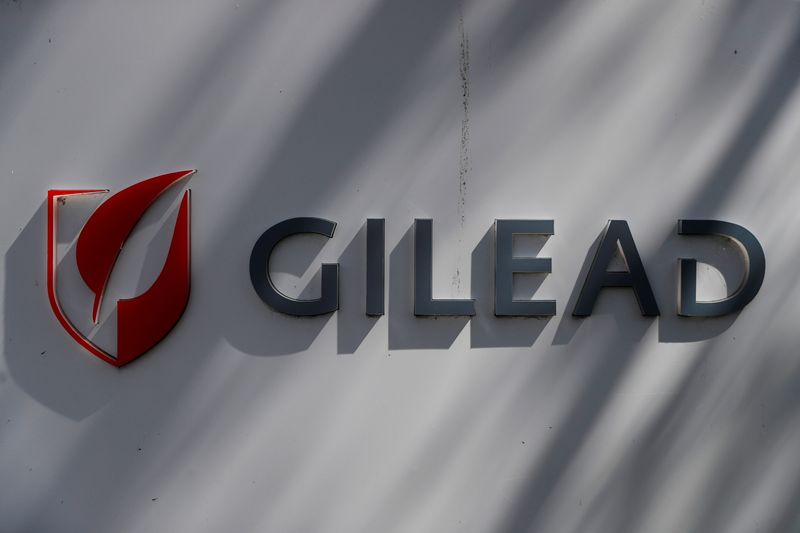(Reuters) – A merger between AstraZeneca <AZN.L> and Gilead Sciences Inc <GILD.O> is unlikely due to significant political hurdles, Wall Street analysts said on Monday after a Bloomberg report that the British drugmaker last month had contacted its U.S. rival about a deal.
Gilead’s shares were up marginally in morning trading, paring their earlier gains after CNBC reported, citing sources, that the companies were not in active talks.
Such a merger would unite two drugmakers at the forefront of efforts to fight the new coronavirus, but could be politically sensitive as governments seek control over potential vaccines or treatments.
Gilead, whose drug remdesivir has shown improvement in COVID-19 patients in clinical trials and has been cleared for emergency use in several countries, was not interested in combining with another big drugmaker, Bloomberg reported on Sunday.
“We would be very surprised if ownership of Gilead was permitted to leave the United States,” said SVB Leerink analyst Geoffrey Porges.
“Domestic R&D and manufacturing capabilities, particularly in healthcare, have never been more important to the national interest.”
Citi analyst Andrew Baum said he anticipated that the U.S. administration would likely seek to block potential acquisitions of any major U.S. biopharma company involved in the development of future therapeutics for the pandemic.
Gilead shares were up 0.6% in mid-day trading after gaining more than 3% earlier in the session.
AstraZeneca’s shares closed down 2.7% on the FTSE 100 as investors contemplated a large payout and questioned the rationale of a deal that would create a company with a combined market value of about $232 billion, based on Friday’s closing prices.
“We have to admit that even the willingness to consider such a perplexing, and in our view, potentially value-destroying deal sets our nerves on edge,” said Guggenheim analyst Seamus Fernandez.
AstraZeneca is developing a vaccine for COVID-19 through its partnership with Oxford University.






















